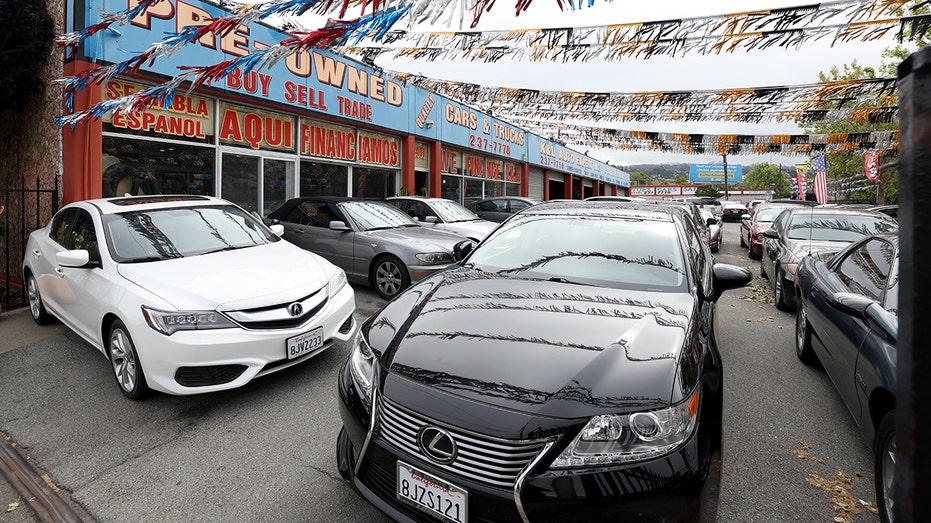The latest crop of young adults in the U.S. is leaning more on credit than the generation before, and experts expect the problem to get worse before it gets better as elevated inflation continues to rage.
A new report from TransUnion released Wednesday shows Gen Z adults, ages 22 to 24, are opening up more credit cards, racking up more debt and have a higher rate of delinquencies than their millennial counterparts did at the same age range a decade ago.
The report, “Solving for Gen Z,” found 84% of credit-active consumers between 22 and 24 years old held one or more credit cards in 2023, compared to 61% in 2013.
BIDEN CLAIMS INFLATION WAS 9% WHEN HE TOOK OFFICE — IT WAS 1.4%
Gen Zers are also more likely to take out an auto loan than millennials were 10 years ago, at 30% versus 25%, respectively.

The report pointed to the 32% cumulative rise in the consumer price index (CPI) over the past decade while noting that debt levels across all age groups are up, with credit card debt among Americans topping $1 trillion last year.
HIGHEST-PAYING JOBS RIGHT OUT OF SCHOOL
TransUnion said the high prices and high credit card balances are contributing to Gen Z consumers holding higher balances on other credit products, including auto loans, which are up 14% for that generation compared to inflation-adjusted numbers from 10 years prior.
“It’s no surprise that in this economic climate, one in which the cost of living is significantly higher relative to a decade ago, younger consumers are increasingly turning to credit products to bridge their financial needs,” Jason Laky, executive vice president and head of financial services at TransUnion, said in a statement.
“This is a demographic that is younger and newer to the workforce and, accordingly, is likely commanding a lower salary at an earlier point in their career,” Laky added. “As long as inflation remains elevated and the cost of goods remains so as well, balances across products such as credit cards, personal loans, and auto are likely to continue to grow.”
Read the full article here







